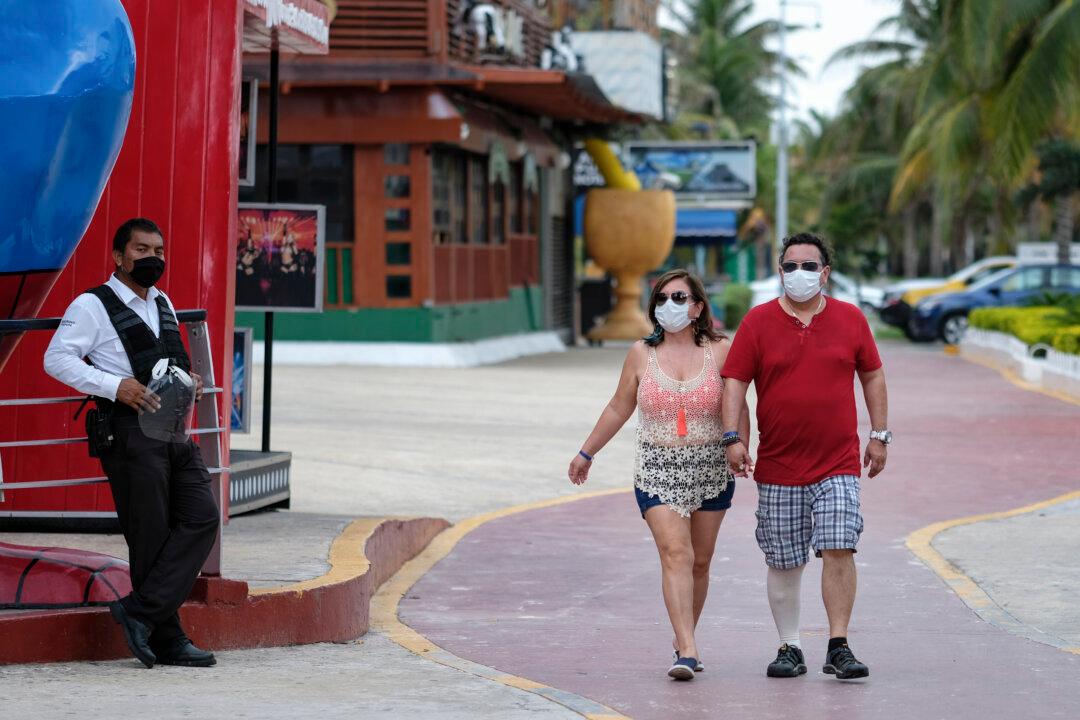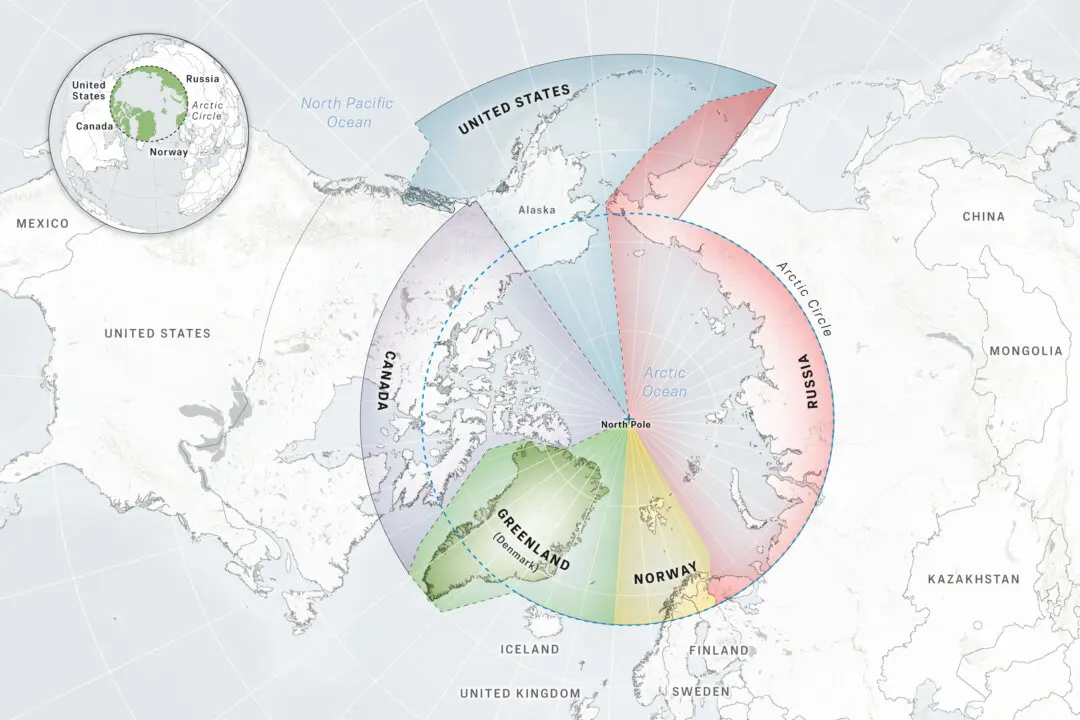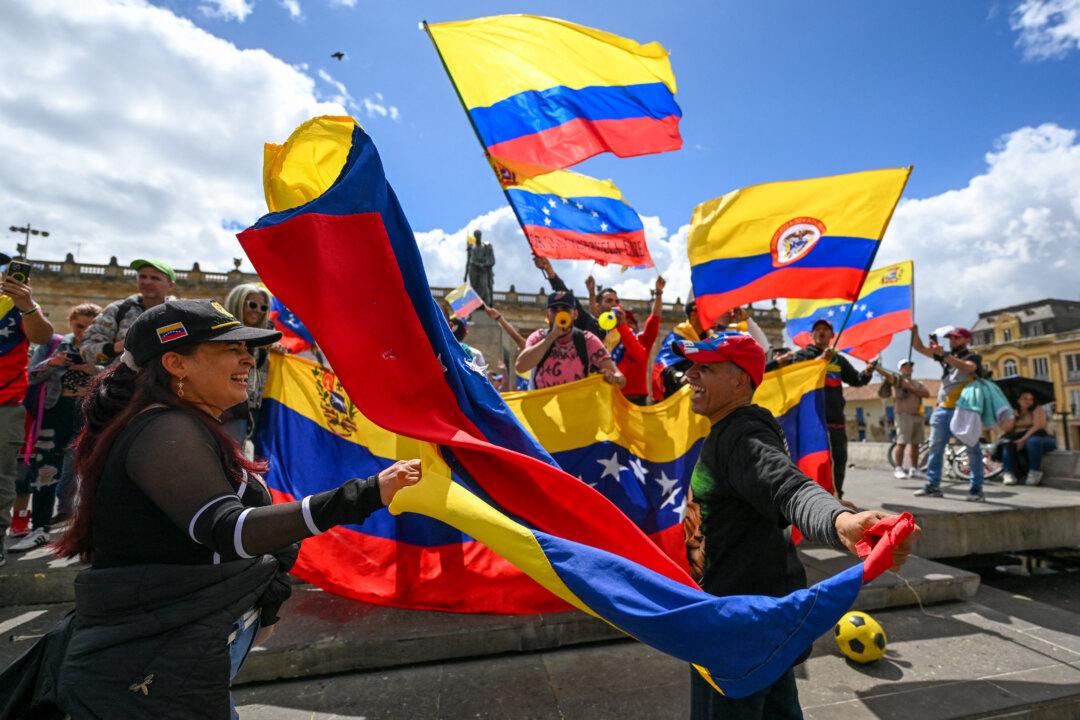Mexico’s deputy health secretary, Dr. Hugo López-Gatell Ramírez, said on Nov. 27 that travel restrictions and border closures in response to the discovery of a new variant of the CCP (Chinese Communist Party) virus are “unhelpful measures” that will affect the economy and well-being of the people.
The B.1.1.529 variant, dubbed Omicron, was first reported to the World Health Organization (WHO) by South Africa on Nov. 24. While the WHO says there’s presently no information to suggest that the symptoms or severity of Omicron will be different from existing CCP virus strains, there are concerns over the number of mutations evident within Omicron, which is currently being studied.





